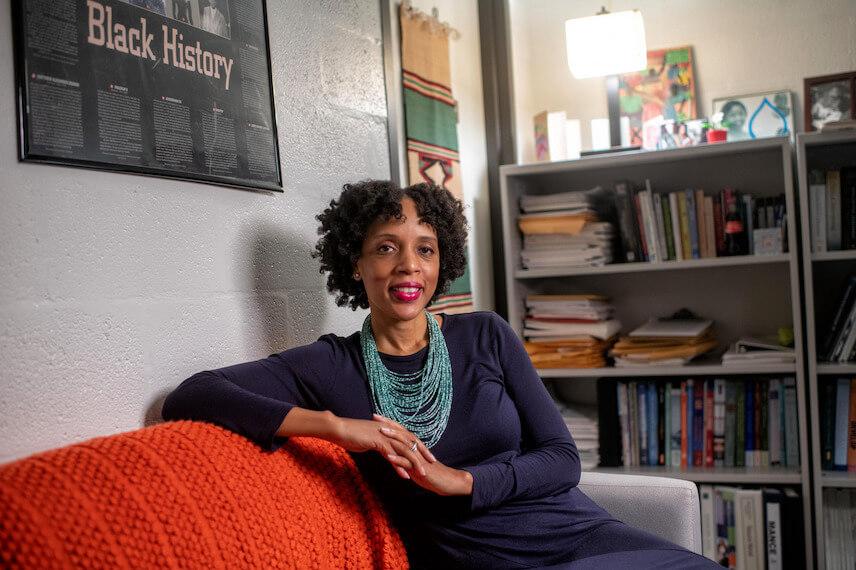The funny thing about a professor’s office hours is that students don’t usually stop by until the end of the semester when final grades are due. However, when I created and taught a course on childhood trauma during my first year at Howard University in 2015, the line outside my office quickly grew longer and longer as the semester progressed. Little did I know that many registered for my course less out of an academic interest in the subject matter and more in the hopes of finding some semblance of personal healing.
A common greeting became, “Hi, Dr. Mance. I was thinking about what you said in class, and I think I need to talk to someone.” Students’ requests to meet with me extended beyond my limited office hours. At the end of class, they would line up in front of my desk or walk with me to my next appointment. Since that first semester, the class has grown in popularity, with many students seeking to understand their own experiences or to enter the mental health field.
Similarly, I have observed growing public interest and awareness around mental health over the past decade. Literacy around mental health has increased exponentially, coupled with the rise of public figures speaking openly and candidly about their challenges. In 2020, former first lady Michelle Obama publicly shared her experience with low-grade depression. As a public figure and as a Black woman, her honest admission was pivotal to the discussion of mental health. Additionally, as celebrities such as gymnast Simone Biles, tennis star Naomi Osaka, rapper Jay Z, football player Brandon Marshall, and actress Taraji P. Henson (BFA ’95) attract media attention to mental health, the notion of suffering in silence or shame is slowly dissipating. (Henson founded the Boris L. Henson Foundation to eradicate stigma around mental health in the Black community.)
Much of the focus on mental health has shifted from pathology to awareness and self-care. With 1 in 5 adults in the United States experiencing mental illness, there is growing acknowledgement of mental health as an aspect of overall health. Younger generations are much more vocal about mental wellness, especially on social media. Personal narratives are now more public than they have been in the past, which helps reduce stigma. Television shows, podcasts, social media and open conversations, along with a wealth of clinical research, have helped to shift the conversation and awareness of mental health in a positive direction.
Over the past year and half, many events – the pandemic, ongoing racial trauma, continuous fights for social justice – propelled mental health to the forefront. The drastic shift in how we lived our lives, with no end in sight, sparked many to seek therapy. As a practitioner, I experienced an uptake in referrals for therapy during the pandemic. Parents of adolescent clients often tell me that their child personally asked to see a therapist, a huge change from when I entered private practice over 15 years ago. Much like the line that formed outside my office, there’s more demand and open dialogue around mental health, but there is still more work to be done.
GiShawn Mance, PhD is an assistant professor, director of clinical training and a licensed clinical psychologist at Howard.
Article ID: 566




